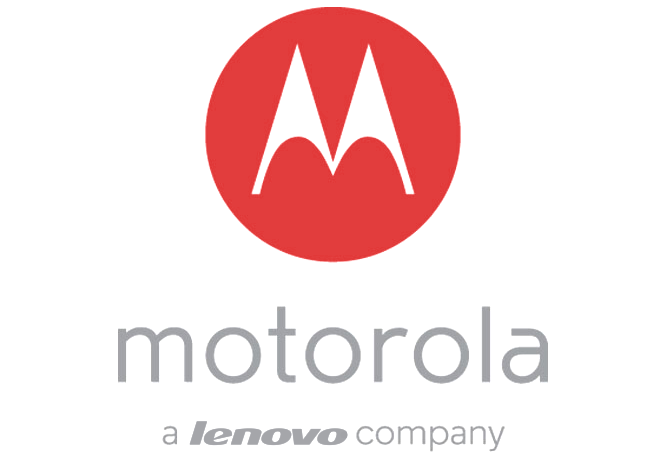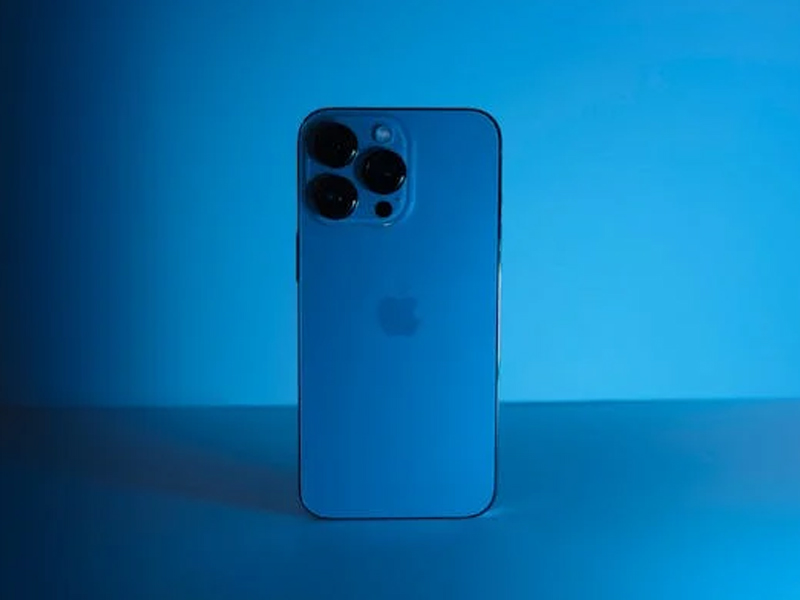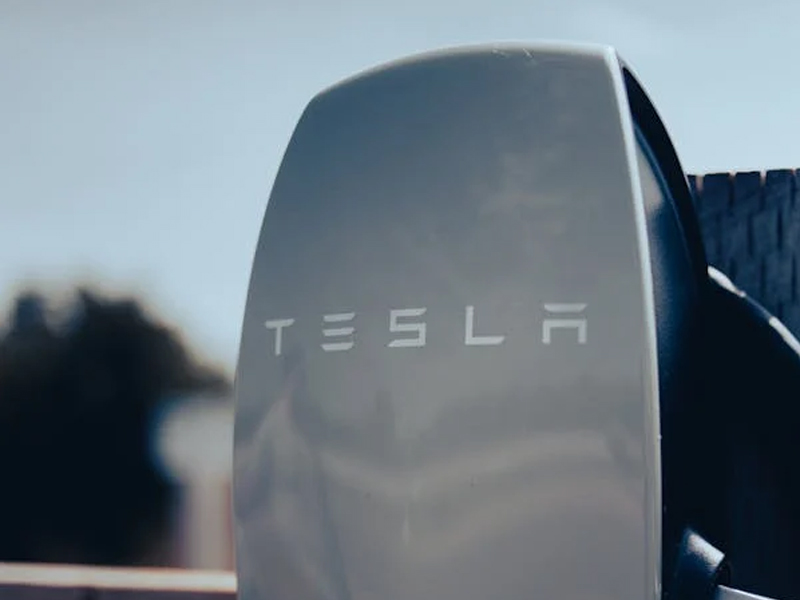Lenovo buys Google’s Motorola handset business for $2.91 Billion
Uncategorized
 The business deal:
Lenovo has made a great buzz in the market after buying Google’s Motorola handset business for $2.91 Billion. The Chinese manufacturer has experienced its first largest technological deal ever in its history. It made its way in the US mobile market which is highly competitive and dominated by the Apple Inc. Lenovo is moving very strategically and is making its hold in the global IT market. Prior to this deal, Lenovo made its first deal also with US. Recently, the internal spokesperson of Lenovo disclosed the plans of acquiring the low end server business of IBM in $2.3 billion.
Google had developed its plans for developing mobile phones but failed to continue it. Google had acquired Motorola for $12.5 billion in the year 2012. Although the deal has happened between Google and Lenovo, yet Google will hold the rights of major mobile patents of Motorola. The deal resulted in rise of the share prices of Google by 2.6%. On the other hand, Lenovo will enjoy various benefits. The deal brings strategic benefits for Lenovo. Lenovo has entered in the category of the current market leaders i.e. Apple, Samsung, Sony, etc. Lenovo will give tough competition to these market leaders. Apart from this, the Chinese mobile manufacturing companies will find it quite grilling while competing in the US Markets.
After buying the Motorola handset business, Lenovo has entered itself in the smartphone category. Lenovo played the game quite smartly by easily handling the emerging markets including China. The closing market on 29th January was quite surprising as Lenovo had announced its acquiring of Motorola’s handset business in $2.91 billion. Google had confirmed this news. Lenovo will initially pay $1.41 billion in form of cash and share. However, the remaining amount of $1.5 billion will be paid in three years time.
However, Motorola confirmed about its various patent rights to be reserved by Google only. Google had initially bought Motorola in 2011. Lenovo will get the patents licensed and keep the business going. Prior to this deal, Lenovo had acquired IBM’s x86 server business. Lenovo has revamped its business offerings and has included enterprise, mobility, cloud and PC services. With respect to the employee force, none of the giants is planning to lay off any of their employees. Acquisition of the unit automatically acquires the work force.
Market Scenario:
The deal between Lenovo and Motorola is being taken very positively in the market. The market is wondering about the Motorola and Lenovo mix mobile handsets. Lenovo has a strong hold in the Chinese, Indian, Indonesian and Russian market. Lenovo is at second position in China. It will not discontinue from these markets. It will be targeting with same brand name and logo. However, in the USA, it will use Motorola as Motorola holds a strong position in US. Lenovo and Motorola have a balanced hold in Chinese market. Lenovo will be working on its future strategies. With respect to the US markets, Lenovo will research well before deciding upon the product offering, i.e. develop new ones or provide the current ones only.
The business deal:
Lenovo has made a great buzz in the market after buying Google’s Motorola handset business for $2.91 Billion. The Chinese manufacturer has experienced its first largest technological deal ever in its history. It made its way in the US mobile market which is highly competitive and dominated by the Apple Inc. Lenovo is moving very strategically and is making its hold in the global IT market. Prior to this deal, Lenovo made its first deal also with US. Recently, the internal spokesperson of Lenovo disclosed the plans of acquiring the low end server business of IBM in $2.3 billion.
Google had developed its plans for developing mobile phones but failed to continue it. Google had acquired Motorola for $12.5 billion in the year 2012. Although the deal has happened between Google and Lenovo, yet Google will hold the rights of major mobile patents of Motorola. The deal resulted in rise of the share prices of Google by 2.6%. On the other hand, Lenovo will enjoy various benefits. The deal brings strategic benefits for Lenovo. Lenovo has entered in the category of the current market leaders i.e. Apple, Samsung, Sony, etc. Lenovo will give tough competition to these market leaders. Apart from this, the Chinese mobile manufacturing companies will find it quite grilling while competing in the US Markets.
After buying the Motorola handset business, Lenovo has entered itself in the smartphone category. Lenovo played the game quite smartly by easily handling the emerging markets including China. The closing market on 29th January was quite surprising as Lenovo had announced its acquiring of Motorola’s handset business in $2.91 billion. Google had confirmed this news. Lenovo will initially pay $1.41 billion in form of cash and share. However, the remaining amount of $1.5 billion will be paid in three years time.
However, Motorola confirmed about its various patent rights to be reserved by Google only. Google had initially bought Motorola in 2011. Lenovo will get the patents licensed and keep the business going. Prior to this deal, Lenovo had acquired IBM’s x86 server business. Lenovo has revamped its business offerings and has included enterprise, mobility, cloud and PC services. With respect to the employee force, none of the giants is planning to lay off any of their employees. Acquisition of the unit automatically acquires the work force.
Market Scenario:
The deal between Lenovo and Motorola is being taken very positively in the market. The market is wondering about the Motorola and Lenovo mix mobile handsets. Lenovo has a strong hold in the Chinese, Indian, Indonesian and Russian market. Lenovo is at second position in China. It will not discontinue from these markets. It will be targeting with same brand name and logo. However, in the USA, it will use Motorola as Motorola holds a strong position in US. Lenovo and Motorola have a balanced hold in Chinese market. Lenovo will be working on its future strategies. With respect to the US markets, Lenovo will research well before deciding upon the product offering, i.e. develop new ones or provide the current ones only. You Might Be Interested In:
Frequently Asked Questions?

01
Tech Gadgets
Power Down to Power Up: How a Digital Detox Benefits You and the Planet
May 6, 2024
01
Tech news
Gatherings Just Got Easier: WhatsApp Communities Now Have Built-In Event Planning
May 5, 2024

01
Mobile Technology
iPhone Repair Just Got Easier: No More Disabling Find My Before Service
May 4, 2024

01
Internet of Things
Tesla’s Robotaxi: A Driverless Future on the Autobahn (or Freeway)?
May 2, 2024
SUSBSCRIBE TO OUR NEWSLETTER
Join our subscribers list to get the latest news and special offers.
Power Down to Power Up: How a Digital Detox Benefits You and the Planet
Gatherings Just Got Easier: WhatsApp Communities Now Have Built-In Event Planning
iPhone Repair Just Got Easier: No More Disabling Find My Before Service
Tech for a Greener You: Apps to Empower Your Sustainable Lifestyle